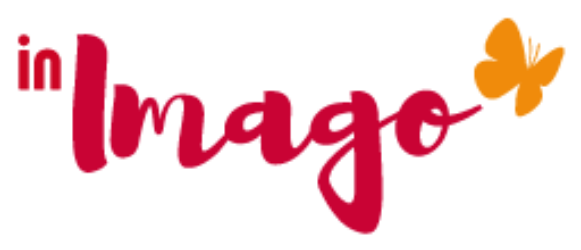Let us enchant our tomorrows by practicing each of us in the finest profession of man, that of uniting men.
The # Covid19 crisis is shaking businesses. Take this as the opportunity to rethink our daily lives, not to survive but to prosper together. The 20th century, by its materialist, individualistic logic, took us away from this overall vision.
Let’s copy nature by developing an organic management, an organic business.
At the start of the 21st century, the customer is making a comeback. Customer culture requires companies to rethink their information systems (IS) to take into account their specific needs. These are unique needs. For each customer a unique experience. This individual customer journey paves the way for artificial intelligence (AI).
Digital questions and reinforces the societal question of a human being at the heart of our organizations. It makes possible the emergence of an X.0 management which will necessarily be a search for harmony: harmony between humans and robots.
Man is distinguished by his thought, his creativity and his global vision of nested systems. Living, at the heart of the system, offers a harmonious model of resource management. Each element, each individual is key in the implementation of the overall project. It brings its specificity and makes it possible to build an intraprenant, intraclient system.
Organic development offers new perspectives for organizations.
The X.0 management is the result of the experiments of the 3.0 management. This will be the opportunity to turn to the Living, to an organic Management allowing to experiment with viral organizations, Flower of Life of an organic business, Harmocratic.
Towards an X.0 management: an Management! to unite human-beings
The observation of living things and the rules naturally deviate from the management works usually used in the analysis of Western management, offering new perspectives.
The bases of the organization being located around a harmonic composition where each one in turn expresses his voice. The composer, the conductor, the members of the orchestra, the community turn-to-turn individualize themselves and then compose an inseparable whole. Opening up again to others to integrate new needs, and compose again a new participation. Each member of the team, the organization as well as the clients becoming intra-participants, to meet the needs, to the best of the challenges of all. The whole being interdependent.
The choice of the Living is based on a logic of putting the ago * into action, the ego as consciousness of itself in a whole greater than itself. This whole object of all its fears, its searches for the infinite and all its possibilities, gradually leads the I in action, the Ago, to meet others and to associate. The association thus pushing the limits of the consciousness of the I to integrate broader needs and face its fears.
The choice of the Organic: the 9 principles
I take here, word for word, the 9 principles set out by Marie-Hélène Strauss and Eric Julien in their experimental book: “The choice of the living”. – This book sets out the 9 principles of life followed by the Kogis people. The role of the Manager does not exist, it is that of the Healer who comes closest to it.
The Manager, X.0 would therefore play the role of the healer, thus guaranteeing the well-being of his teams
1-First principle at the source of all life, that of ALTERITY, or the number 2 which poses the question of “I” and “we”, of the place of the ego, of “action” and of “thought”
2-Second principle, INTERDEPENDENCE or how to integrate systemic thinking within our organizations, as the basis of the relationship between all the members of a community, to lay the principle of intersubjectivity at the base of collective intelligence
3-Third principle, the SENS, the why, but also the direction and the coherence. To explain the importance of this principle, the authors draw on biology and more specifically on the principle of homeostasis, according to which any system, whether open or closed, will attempt to maintain its balance in order to simply stay alive.
4-Fourth principle: COMMUNICATION, biological principle of survival in nature
5-Fifth principle: VALUES, described as modalities of regulation of relations between actors, with the key to cooperation, at the origin of all life,
6-Sixth principle: the FRAMEWORK, which transposed to life becomes the border that separates as much as it unites, which structures space and time. The framework allows the expression of speech, the encounter with otherness, this is an apparent paradox, it is a space of freedom that avoids the dilution of energies.
7- Seventh principle: CREATIVITY, refers to the essence of life, nature, literally what is being born, to be metamorphosed.
8-Eighth principle: TIME, that of modern societies marked by the over-solicitation responsible for what the authors call “managerial entropy” and which leads to a dissociation between the balance of personal and professional life.
9-Ninth principle: MEMORY, which refers to the manager to the transmission, from the Latin transmitter, “to deposit beyond”, to pass something to someone in order to allow the future.
To discover other leadership postures Management, Leadership and Delegation Poker;
Customer culture is at the heart of management 3.0
7 principles of Harmocracy by Leofold Loic
Author: Dominique popiolek-Ollé, Transmutation leader, Agile Executive Coach, Founder of In Imago, management consulting and disruptive transformation.

